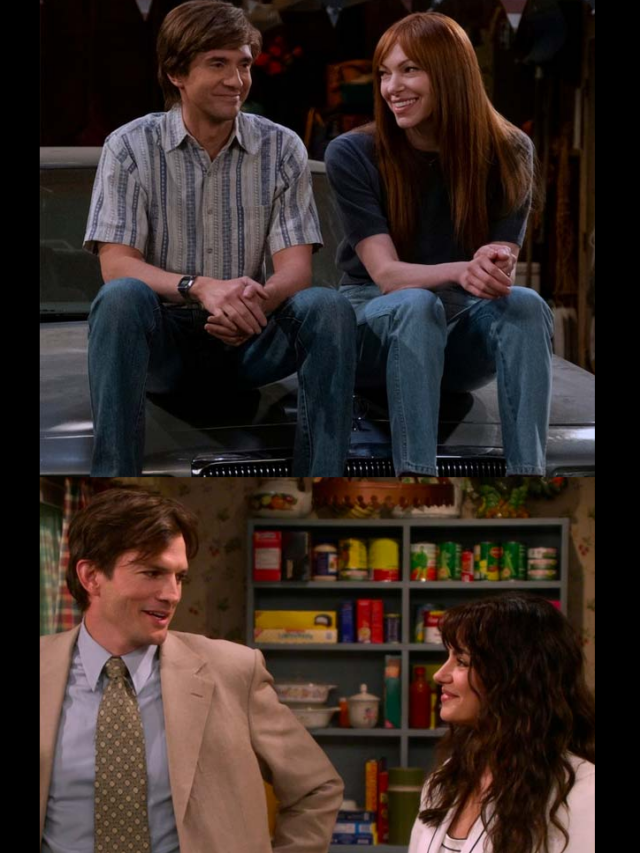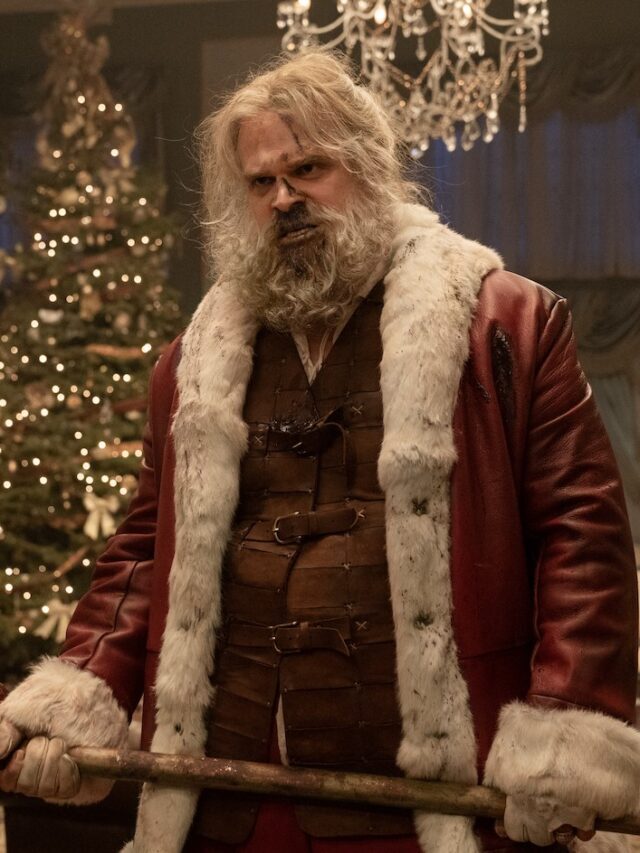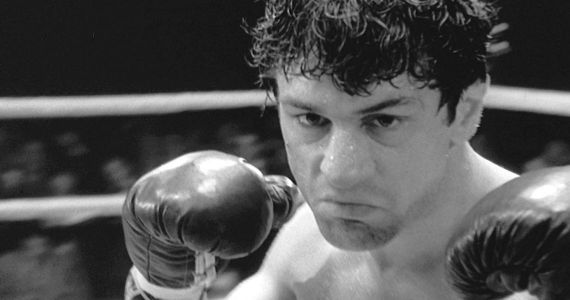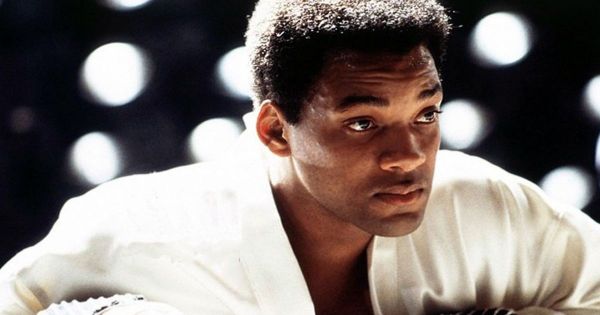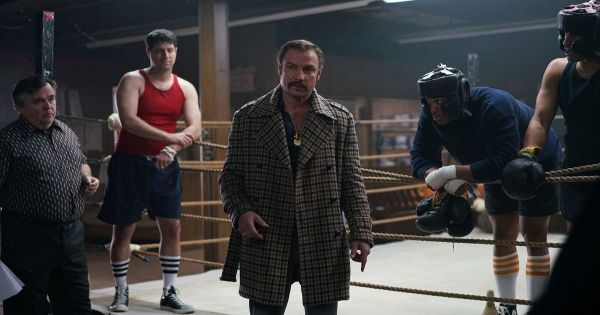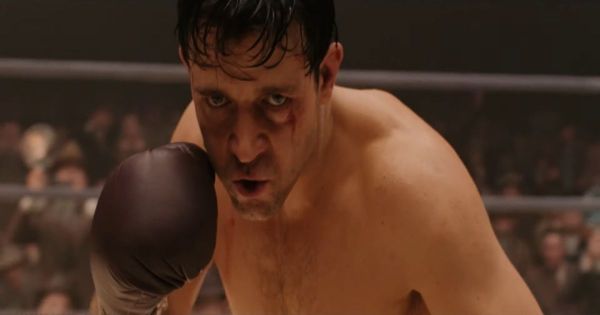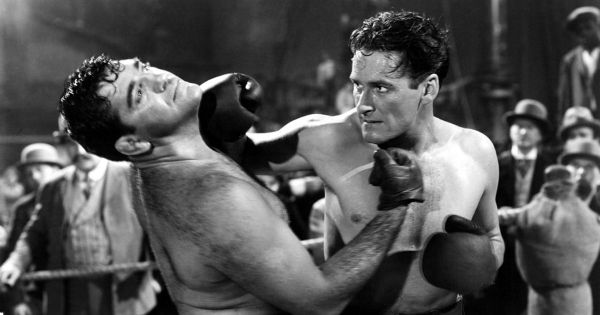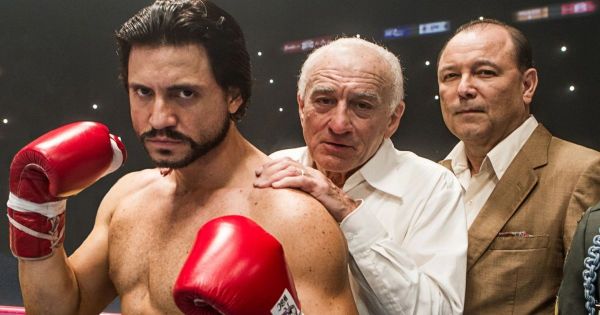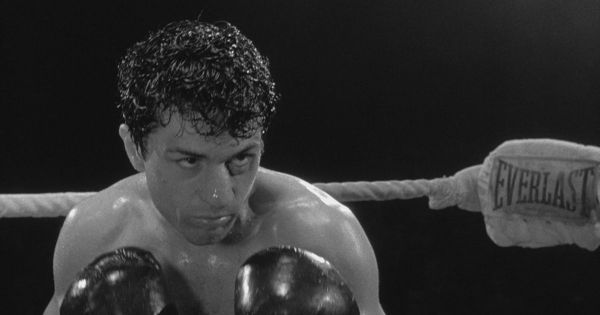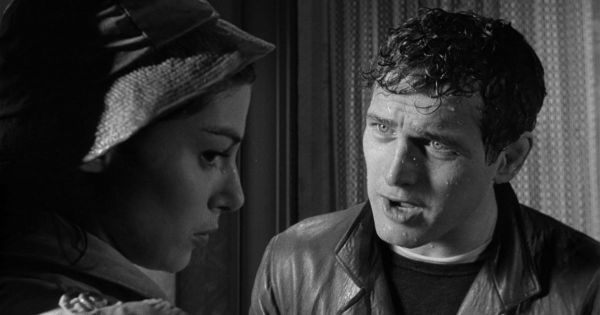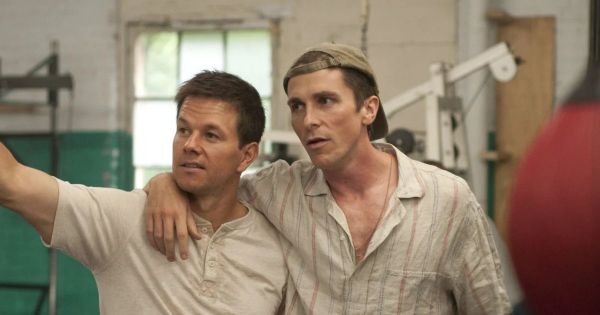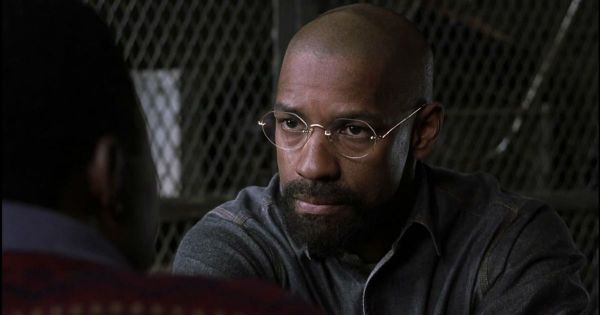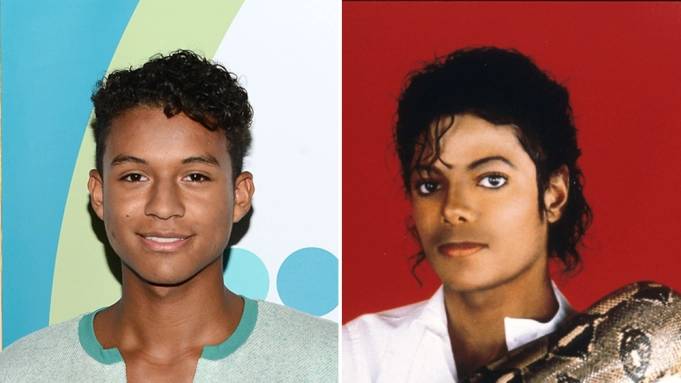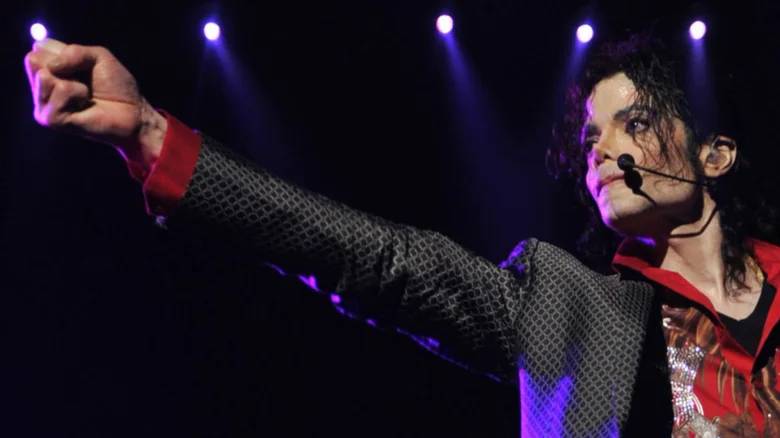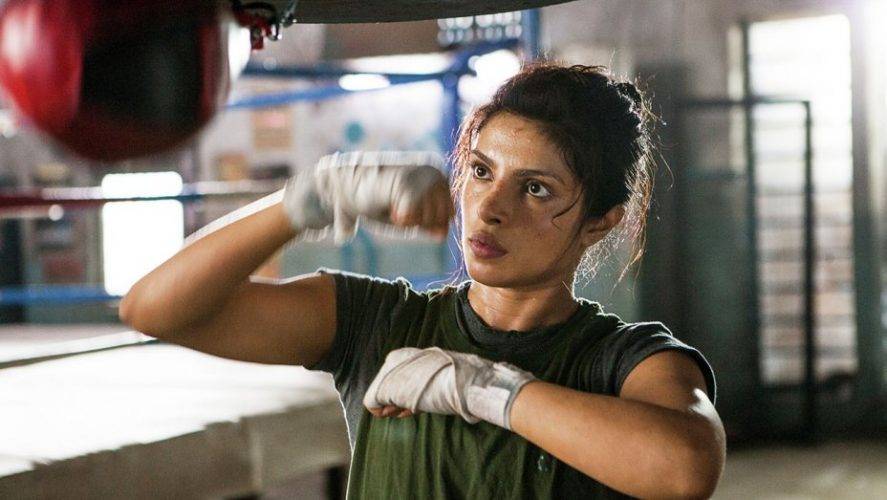One of the most seen sports in movies is boxing. Boxing’s brutal tango and duel of mind versus brawn fascinate onlookers. Since Cain and Abel, humans have engaged in hand-to-hand combat. History was changed by picking a fight, but in the boxing ring, it became a sport requiring strength, endurance, and agility. The underdog character, complete with rags-to-riches and redemption narratives, is possibly best represented in pugilism. David transforms into Goliath, putting in the physical work to compete with his opponents.
The fights have frequently been dramatized in sports, most famously in the Rocky movie series. George Foreman, Larry Holmes, and Sonny Liston’s professional boxers are loosely parodied in Rocky III as Clubber Lang. It’s easy to forget that athletes lived and died for the sport, even though boxing has its fair share of egos and characters taking center stage. Boxing portrays the essential truth of the tough lives of its boxers better than any other sport film.
Ali (2001)
Muhammad Ali, real name Cassius Clay, was already a legendary personality before he entered the ring as the best heavyweight boxer ever. Ali was a devoted Muslim, a civil rights activist, a poet who used foul language, and a conscious opponent of the Vietnam War. Will Smith’s performance in Ali felt uneven, despite the fact that he had exhaustively researched Ali’s life. Smith gave “The Greatest” one more act of homage by serving as a pallbearer at his funeral.
Chuck (2016)
Muhammad Ali challenged Chuck Wepner, sometimes known as “Bayonne Bleeder,” to a heavyweight championship match in 1975. Ali was knocked down four times in the fifteen rounds that Chuck and Ali fought. Give the White Guy a Break was the fight’s slogan, and Sylvester Stallone’s Rocky was later based on it. The title fight between Ali and Chuck was one of several contentious fights that Chuck had. Chuck used “rabbit punches,” which are dangerous and unlawful blows to the back of the skull. Since the referee did not step in to stop the fight, Ali used his own rabbit punches to knock Chuck out. Chuck Wepner’s negative reputation was cleared up by Rocky Balboa for his film series by emphasizing the statement he made to his wife: “Even if I don’t win, I simply want to prove I belong there.”
Cinderella Man (2005)
James J. Braddock, a boxer during the Great Depression, earned the nickname “Cinderella Man” after defeating Max Baer in a rematch to win the heavyweight championship. Braddock had to work as a dockworker on the New Jersey coast because of repeated hand injuries. After he recovered, his left hand grew stronger than his right, allowing him to successfully resume boxing. He frequently gave to the Catholic Worker Movement for the hungry and homeless out of his earnings, including the money from his benefits. In Cinderella Man, Russell Crowe does a good job at capturing the struggling athlete.
Gentleman Jim (1942)
In 21 states, boxing was declared an immoral activity and forbidden in the late 1880s. Before and after his career as a prizefighter, James J. Corbett (Errol Flynn) pursued acting. Corbett, also known as “Gentleman Jim” and the “Father of Modern Boxing,” improved the game by relying more on finesse than strength. After 21 rounds, he defeated the defending champion, “Boston Strong Boy” John L. Sullivan, being the first person to do so under the Marquess of Queensberry Rules, the acknowledged set of boxing rules. More importantly, Corbett introduced sportsmanship to boxing while also creating the championship boxing lineage.
Hands of Stone (2016)
A Panamanian professional boxer who competed for fifty years was named Roberto Durán (Édgar Ramrez). As a lightweight, welterweight, light middleweight, and middleweight, Durán claimed world championships. He was known as “Mano de Piedra” (“Hands of Stone”) because of his pressure fighting tactics and strong defensive approach. Prior to retiring following Durán’s bout with Sugar Ray Leonard in November 1980, Ray Arcel (Robert De Niro), who had trained 20 world champions since the 1920s, continued to teach fighters. In order to take on Wilfred Bentez in January 1982, Arcel briefly rejoined Durán’s camp. For a boxing movie, having the Raging Bull as your trainer pays off, yet Hands of Stone lost the prizefight at the box office.
Raging Bull (1980)
In his film Raging Bull, Martin Scorsese adapted Jake LaMotta’s (Robert De Niro) autobiography and life. Other than intimidating and beating his opponent into surrender, he lacked any fighting style or skill. LaMotta was a self-destructive person outside of the ring, continually demonstrating his value by battling his own family. His father made him fight neighborhood youngsters as a child in order to pay the rent and amuse the grownups. LaMotta’s infamous reputation was dispelled by the paranoia, swagger, and competitive narcissism De Niro exhibits as well as the manner in which Scorsese photographed the movie.
Somebody Up There Likes Me (1956)
Growing up, Rocky Graziano (Paul Newman), a boxing legend, was a ragamuffin and renegade. He stood up for himself in public, entered a correctional facility and a reform school, and was later released from the U.S. Army. Graziano had no discipline to begin with, but after selling his first amateur gold medal for $15, he realized boxing was good enough to support himself. Rod Taylor was a contender for the part, however James Dean was initially cast but passed away before the movies could be made. Newman gives one of his earliest leading performances in a gut-wrenching yet upbeat performance.
The Fighter (2010)
In the movie The Fighter, half-brothers and former professional boxers Micky Ward (Mark Wahlberg) and Dickie Eklund (Christian Bale) rise and fall for their respective championship belts. Their relationship is put to the strain when Micky discovers that his half-brother and trainer Dickie has a cocaine addiction, endangering Micky’s chances and ability to concentrate in the ring. Dickie counsels Micky while he is imprisoned, and after his release, he assists Micky in reclaiming a title victory. The performances of Wahlberg and Bale are excellent, and both half-brothers have inspiring redemption tales.
The Hurricane (1999)
Middleweight boxer Rubin “The Hurricane” Carter (Denzel Washington) was wrongfully imprisoned for three murders that occurred in a Paterson, New Jersey, club in 1966. The Sixteenth Round: From Number 1 Contender to 45472 was the autobiography he authored in 1974 while serving a 20-year sentence. A future lawyer and reader of Carter’s book, Lesra Martin (Vicellous Reon Shannon), visited Carter in jail in 1980 and later worked to secure his release in 1985. In The Hurricane, despite what felt like defeat for Carter, Washington displays a restrained and restored strength of character.
Our Team DCS includes 5 different writers proficient in English and research based Content Writing. We allow them and encourage them to follow the Entertainment news all day long. Our posts, listicles and even the exclusives are a result of their hard work.

